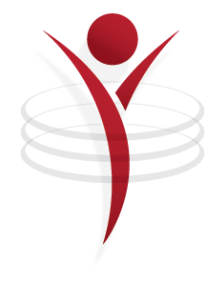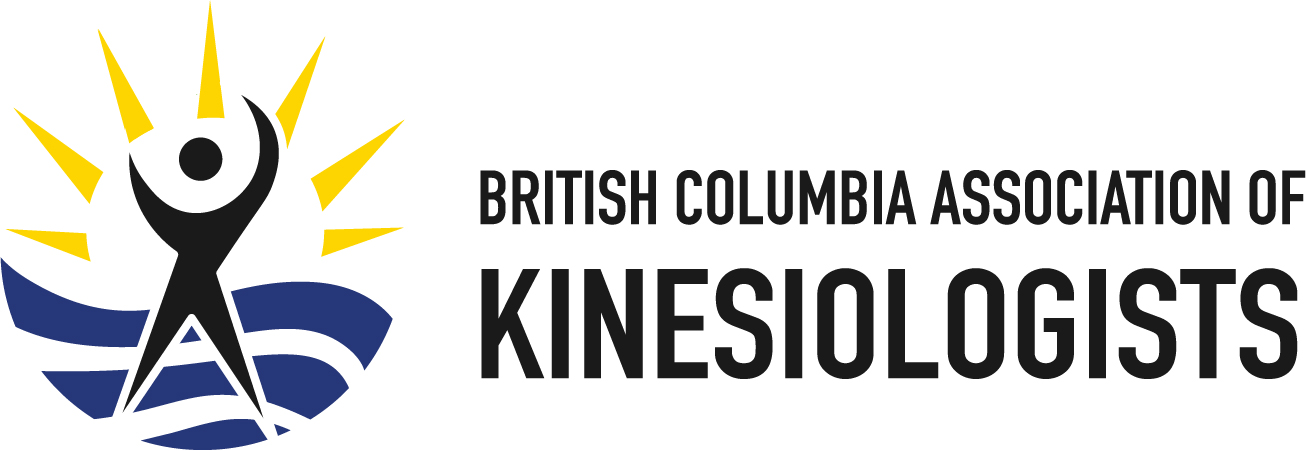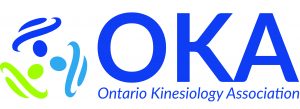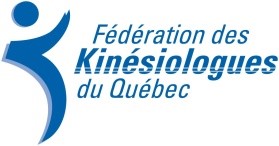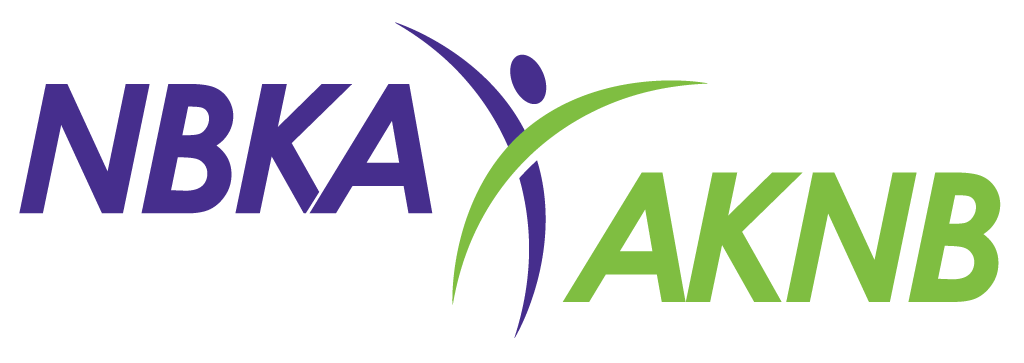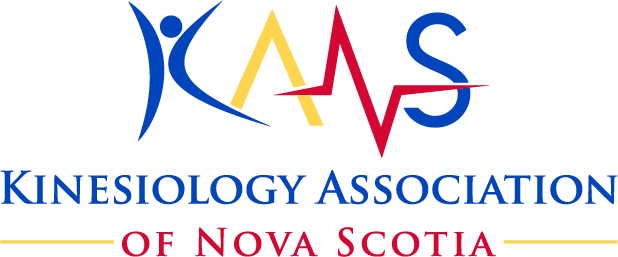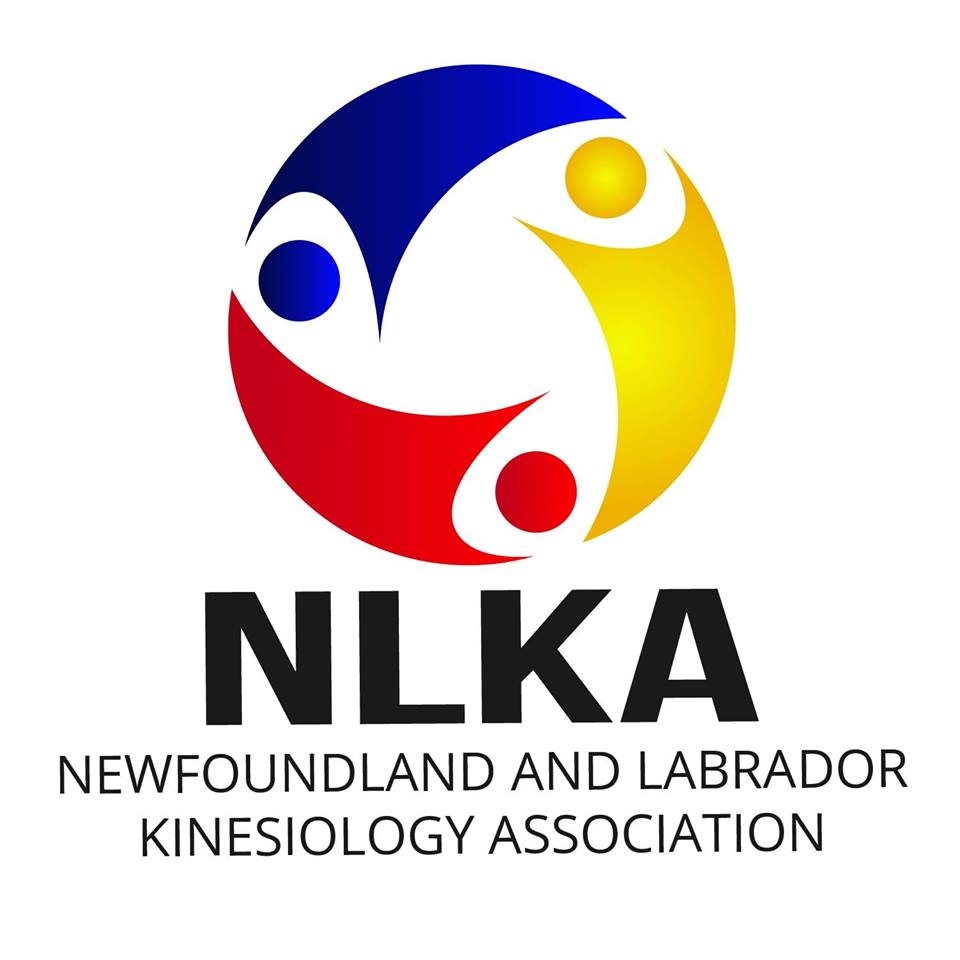Legal Status and registration
Your small business can be a sole proprietorship, a partnership, a limited liability company (LLC) or a corporation. The business entity you choose will impact many factors from your business name, to your liability, to how you file your taxes.
You may choose an initial business structure, and then revaluate and change your structure as your business grows and needs change.
Depending on the complexity of your business, it may be worth investing in a consultation from an attorney or CPA to ensure you are making the right structure choice for your business.
Tax Information for Kinesiologists:
Note: If you are incorporated, the following information does not apply
Do I need a business number if I am self-employed or own my own business?
Not all businesses need a business number however you will need one if:
- register using Business Registration Online
- register for any CRA program accounts (like GST/HST, Payroll deductions or Import-export)
- incorporate your business federally
- register or incorporate your business with these provinces:
- British Columbia
- Manitoba
- Nova Scotia
- Ontario
- Saskatchewan
- New Brunswick
- Prince Edward Island
If you are from Quebec, you must proceed by registering to Revenue Québec.
For more information regarding starting your own business visit here.
What is included in my income?
Business income includes money you earn from a: profession/trade, manufacture or undertaking of any kind, an adventure or concern in the nature of trade, or any other activity you carry on for profit and there is evidence to support that intention.
For example, income from a service business is business income. Business income does not include employment income, such as wages or salaries received from an employer.
You must include all your income when you calculate it for tax purposes. If you fail to report all your income, you may have to pay a penalty of 10% of the amount you failed to report after your first omission.
What is the difference between GST andHST?
GST stands for Goods and Services Tax (GST) while HST stands for Harmonized Sales Tax (HST). The GST applies nationally. The HST includes the provincial portion of the sales tax but is administered by the Canada Revenue Agency (CRA) and is applied under the same legislation as the GST. The harmonized sales tax is a combination of federal and provincial taxes on goods and services in five Canadian provinces: New Brunswick, Newfoundland and Labrador, Nova Scotia, Ontario, and Prince Edward Island.
Click here to find out your provinces GST/HST rate.
If you are from Quebec or having clients in Quebec, you must appy the PST(9.975%) & GST (5%).
If you have clients in another province than the one you are registered, then you must apply the taxes of the client’s province. If you are not registered in their provincial taxe, you do not have to apply it. E.g. Client in Quebec from Kin in Ontario, you must only apply the 5% GST. Any other provinces if GST or HST, you must apply all taxes.
How does goods and services tax (GST) work when I am self employed?
If you do not earn more than $30,000 per year in revenue your business is considered a “small supplier” and you do not need to charge you clients for GST/HST.
You do not have to register if:
- you are a small supplier (that does not carry on a taxi business or commercial ride-sharing services);
- your only commercial activity is the sale of real property, other than in the course of a business. Although you do not have to register for the GST/HST in this case, your sale of real property may still be taxable and you may have to charge and collect the tax. For more information, see “Real property” on page 55; or
- you are a non-resident who does not carry on business in Canada. For more information, see Guide RC4027, Doing Business in Canada – GST/HST Information for Non-Residents.
Note: if you supply digital services to Canadian customers, you are required to charge GST/HST.
If you make more than $30,000 per year in revenue, you are required to charge your clients for GST/HST.
You do have to register for the GST/HST if:
- you provide taxable supplies in Canada; and
- you are not a small supplier.
For more information regarding GST/HST click here.
Disclosure
The information made available through this website may differ from one province to another. The primary purpose of this website is to provide Kinesiologist information, examples of resources, tools and material, definitions, job titles, scope of practice, etc. As kinesiology is provincially legislated, all these may be different from one province to another. The CKA / ACK is not responsible for consequences and damages that may occur as an outcome of its use or misuse, incomplete use and mis adaptation, and its interpretation by anyone. It is to be stressed that the aim is to guide Kins and if anyone has difficulty over interpretation, they should seek independent advice.

